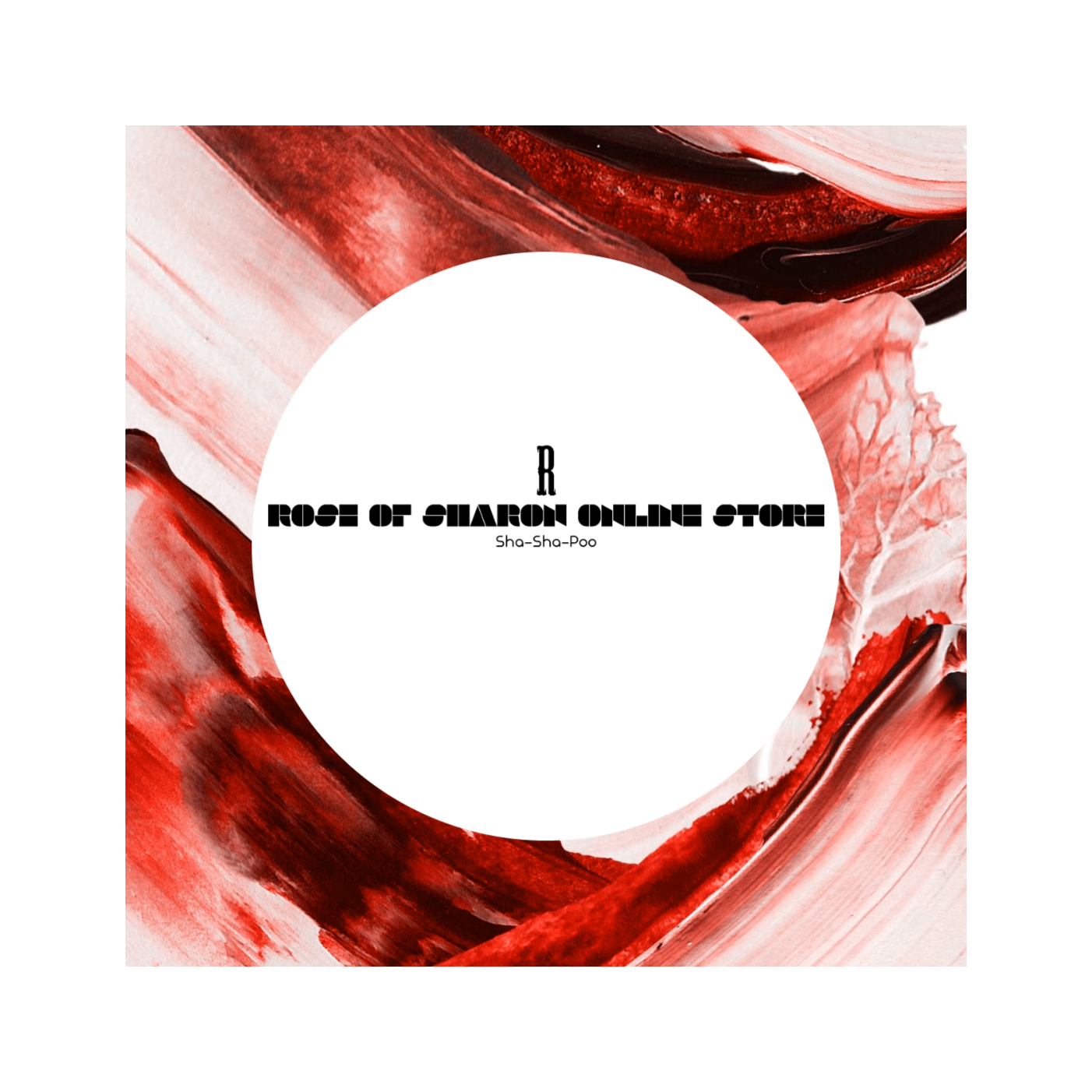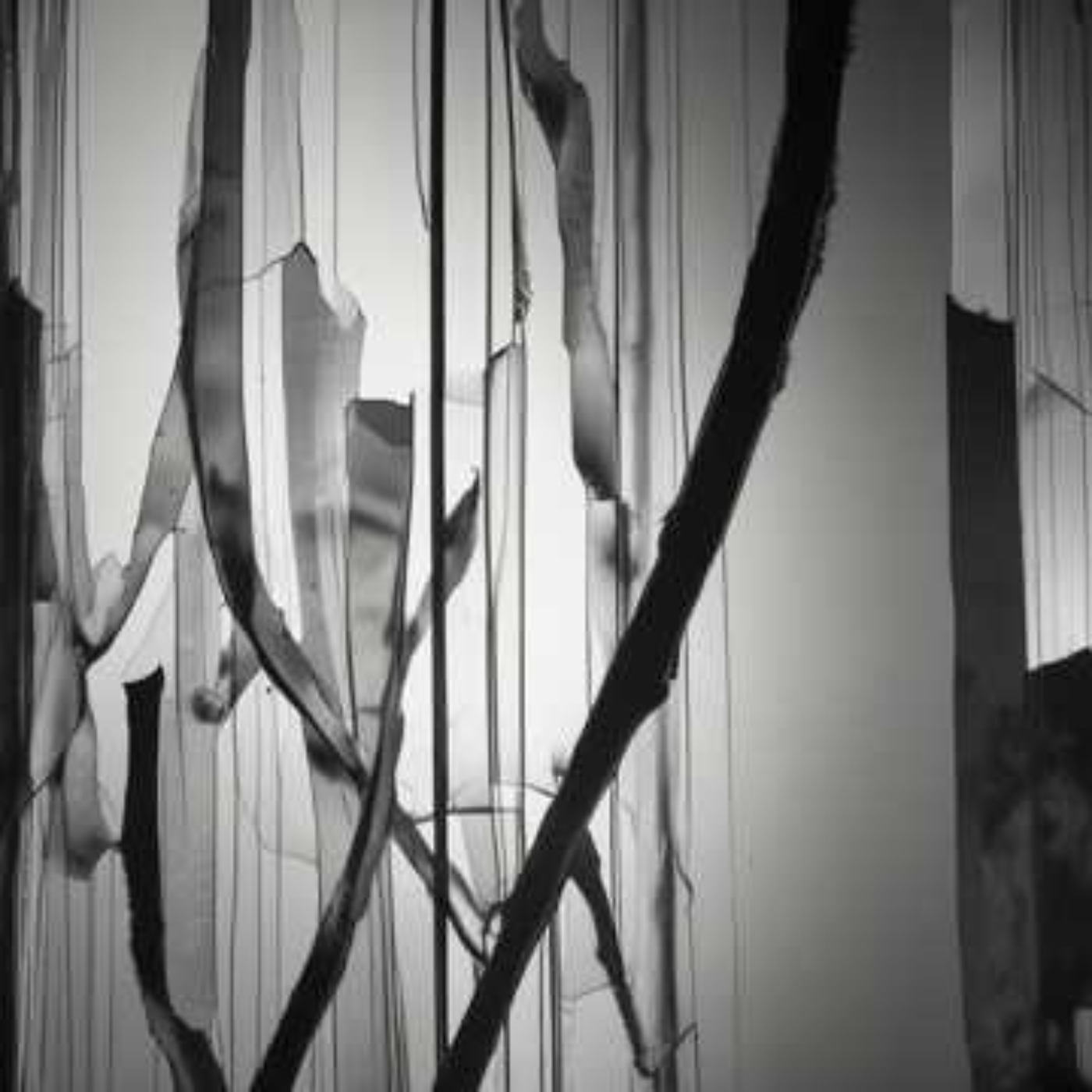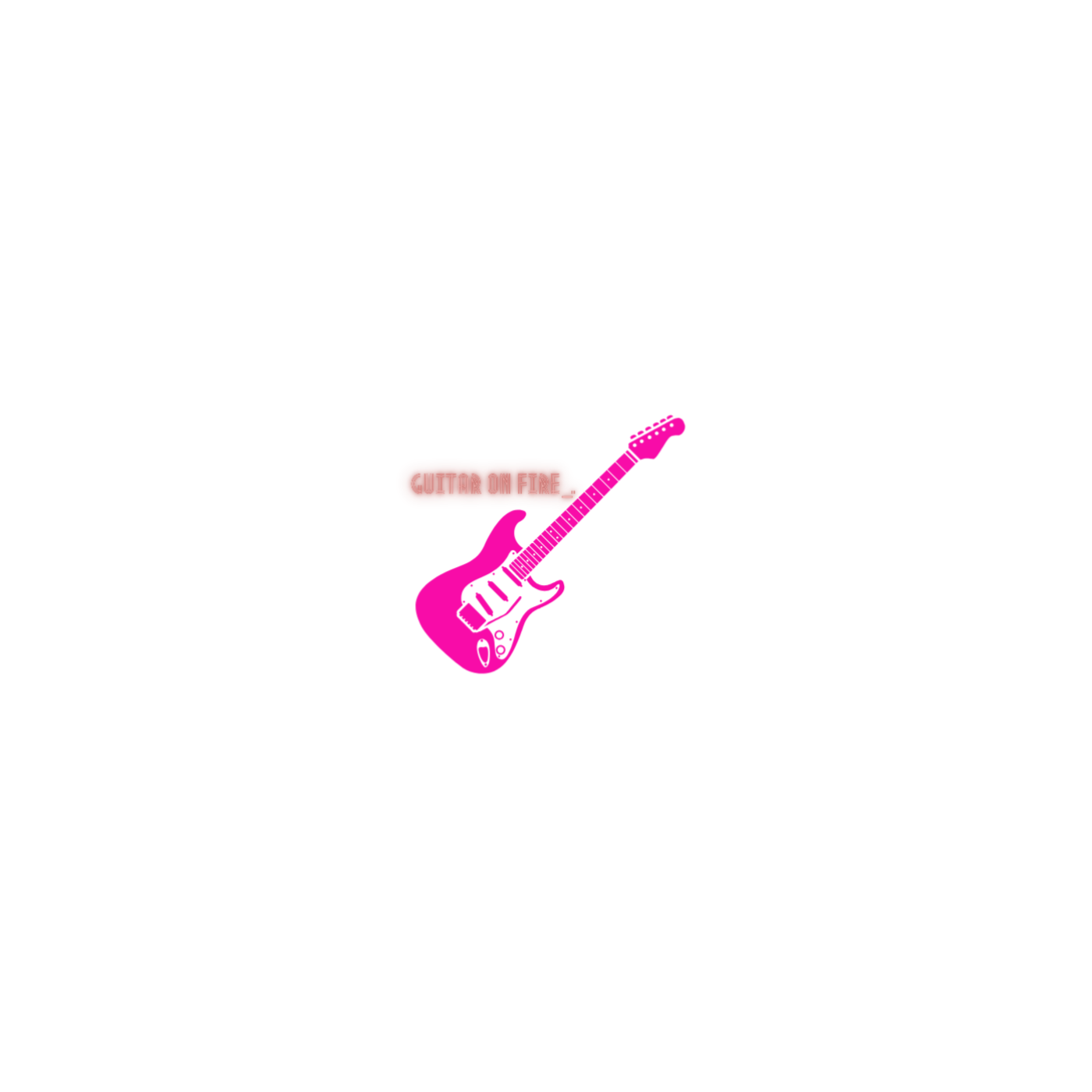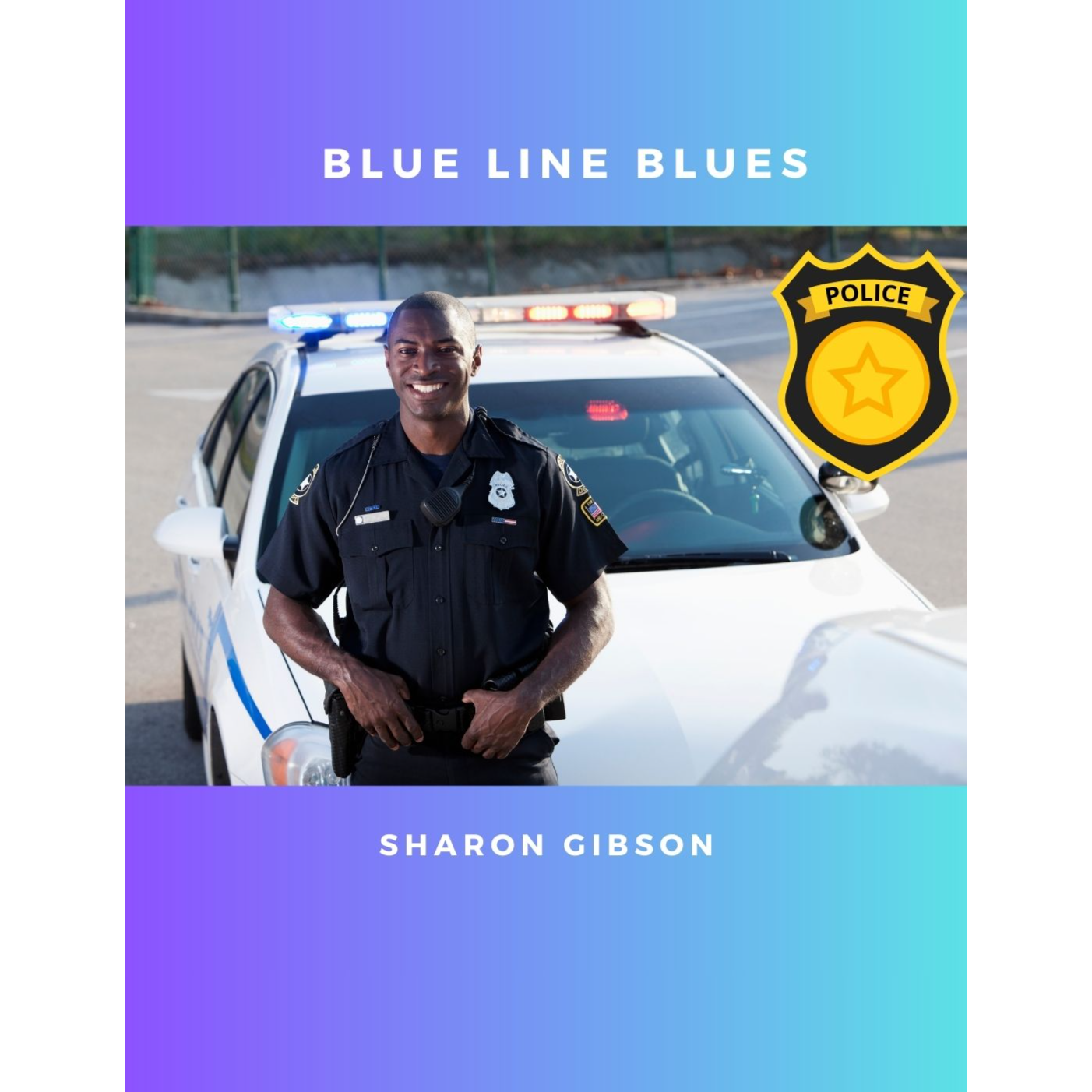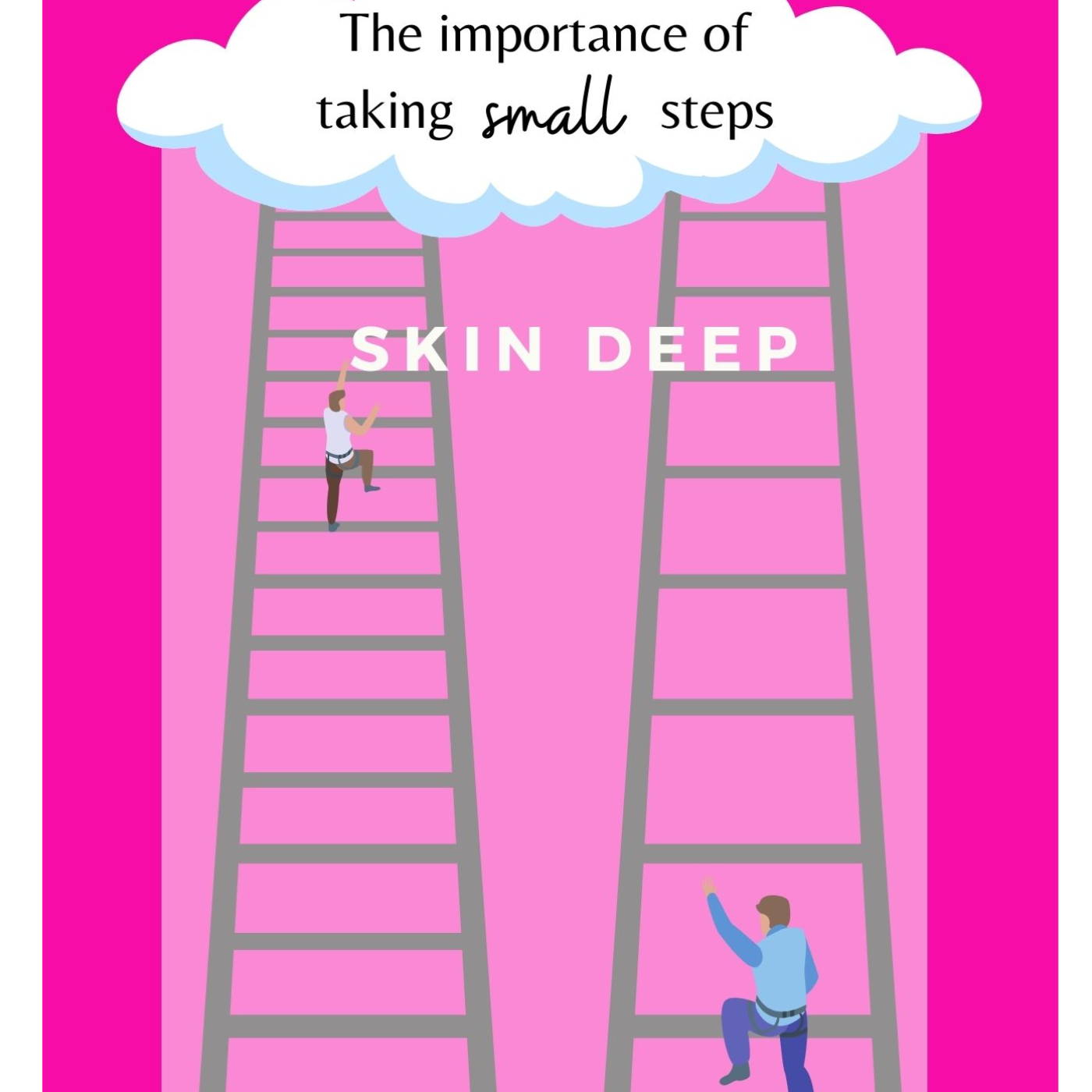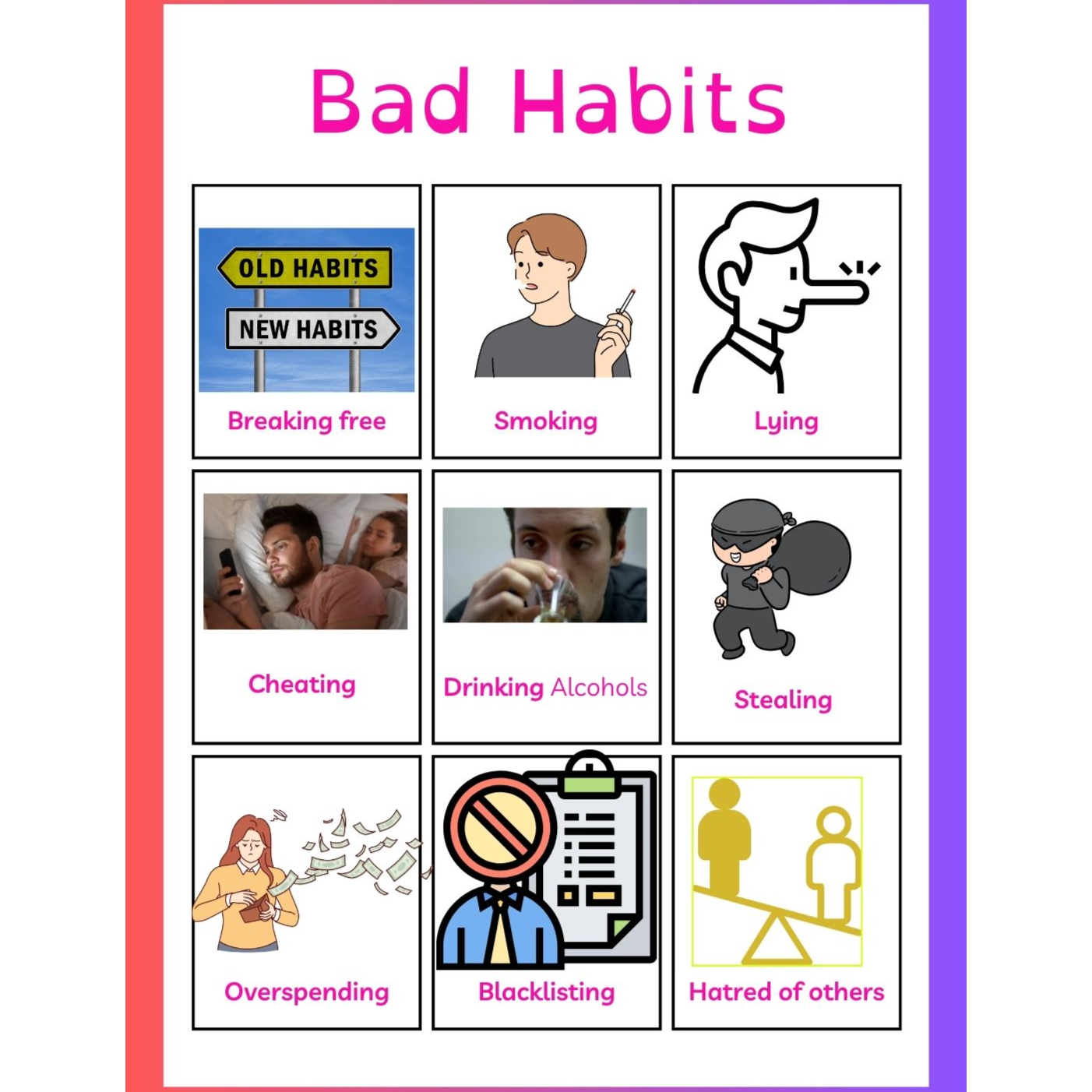A melancholic acoustic guitar melody fades into a soft piano).
Host: Welcome back to "Lyrical Insights," the podcast where we dissect song lyrics to uncover hidden depths and explore the human experience. Today, we're diving into a powerful and introspective piece, "The Anatomy of Betrayal." This song delves into the raw emotions and complex questions that arise in the aftermath of infidelity and broken trust. Joining me is acclaimed songwriter and lyricist, [Songwriter's Name]. Welcome to the show!Songwriter: Sharon Gibson, Thanks for having me. It's great to be here.Host: We're thrilled to have you. "The Anatomy of Betrayal" is a deeply moving song. Can you tell us about the inspiration behind it?Songwriter: It was born from a personal experience, as many songs are. I went through a very painful betrayal, and the lyrics became my way of processing the complex emotions I was grappling with. It wasn't just about the anger and hurt, but also a deep desire to understand why someone would betray the love and trust that we had.Songwriter: Yes, I wanted to capture that initial shock and devastation. But then the song shifts towards a quest for understanding: "But anger fades, and questions rise, beyond the hurt, in your disguise. I seek to understand the why, the hidden reasons, behind your lie."Host: And that's where the song truly becomes unique. It's not just about blame and victimhood. It explores the "why" behind the betrayal.Songwriter: Exactly. I was wrestling with questions like, "Was it fear? Insecurity? A need for control?" The lyrics explore these possibilities: "Was it fear that held you back, a shadow cast, upon your track? Or a wounded past, a hidden scar, that kept you distant, near yet far?"Songwriter: That's a key part of the song. It's about "romancing the betrayer," not in the sense of condoning their actions, but in trying to understand the human being behind the betrayal.Host: The chorus really drives that point home: "Romacing the betrayer, not forgiving the deed, but searching for answers, planting a seed. To understand the darkness, the motives unseen, why break a heart that loved you, a soul so keen?"Songwriter: It's about recognizing that people are complex. They have their own struggles, their own demons. Betrayal can be a symptom of those internal battles.Host: The song also touches on the idea of self-sabotage: "Did you ever truly see, the love I offered, so freely? Or were you blinded by your own pain, a prisoner trapped, in your own chain?"Songwriter: Sometimes, people who are afraid of intimacy or commitment will subconsciously sabotage their relationships. It's a defense mechanism, a way to avoid vulnerability.Songwriter: Absolutely. It's about finding strength in understanding, even if it doesn't excuse the betrayal. The lyrics express this: "Maybe it's a lesson learned, a bitter truth, forever burned. But in this search for understanding, I find a strength, a new landing. A place of compassion, and grace, where healing starts, in this empty space."Songwriter: It's about taking back your power, learning from the experience, and moving forward with greater self-awareness and wisdom.Host: This song is a testament to the power of music to help us process difficult emotions and find meaning in challenging experiences. Thank you for sharing it with us.Songwriter: Thank you for having me. It's been a pleasure.Host: And to our listeners, we encourage you to listen to "The Anatomy of Betrayal" and reflect on your own experiences with trust, betrayal, and forgiveness.
 Sign in
Sign in Sign in
Sign in Sign in
Sign in